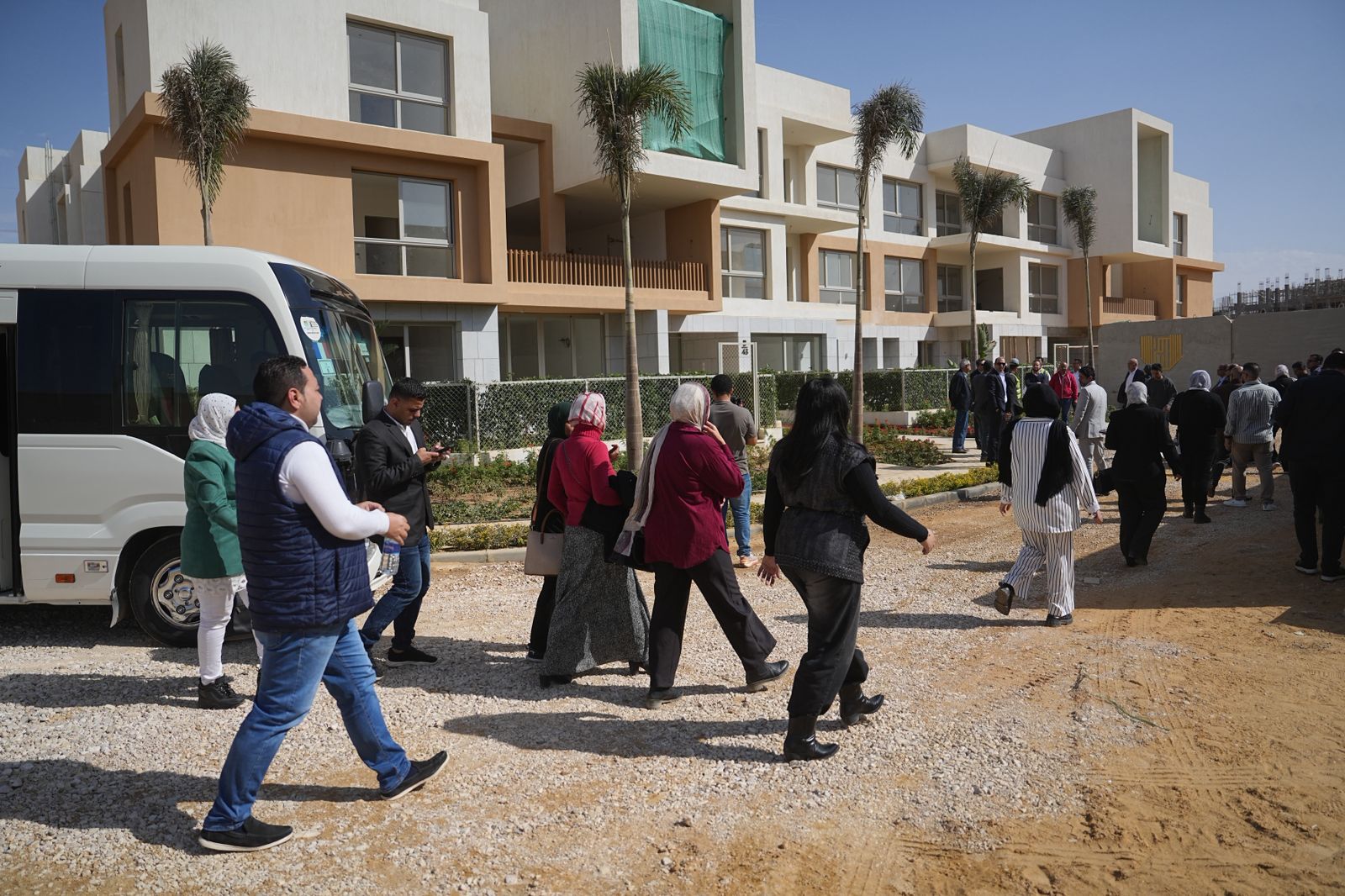Dubai – Masaader News
UN High Commissioner for Human Rights Zeid Ra’ad Al Hussein called Saturday for urgent international action after a week of soaring violence and bloodshed, mostly caused by airstrikes, in the opposition-held Eastern Ghouta and Idlib regions of Syria.
“The past week has been one of the bloodiest periods of the entire conflict, with wave after wave of deadly airstrikes leading to civilian casualties in areas of Eastern Ghouta and Idlib,” Zeid said. “The no-holds-barred nature of this assault is evidenced by reports that at least nine medical facilities, six of them in Idlib and three in Eastern Ghouta, were hit by airstrikes. Even by Syria’s atrocious standards, these are exceptionally deplorable developments — and a cruel irony given that both have been declared ‘de-escalation areas’.”
In all, the UN Human Rights Office has received reports indicating that at least 277 civilians have been killed between 4 and 9 February – 230 of them by airstrikes by the Syrian Government and its allies – with a further 812 civilians injured, taking the total number of civilian casualties during the first week of February to around 1089.
“My staff in the region have catalogued dozens of specific incidents that have reportedly led to deaths, injuries and destruction of vital infrastructure over the past week,” Zeid said. “These range from a rolling series of airstrikes on residential areas of Duma on 6 February which reportedly killed at least 31 civilians, including 12 women and four children, and injured more than 100 others, including 37 children, to a strike the previous day on a blood bank in Saraqab city in Idlib, which had already been rendered inoperable by an earlier airstrike in January.”
In all, Zeid said, his staff had received reports of airstrikes damaging no fewer than nine separate medical facilities ranging from a key hospital that was still functioning in Idlib, to a mental health care facility and a medical clinic in Kafr Batna in Eastern Ghouta. So-called ‘first responders’ – paramedical staff and volunteers – were also killed and injured in a number of locations after second, third or fourth rounds of airstrikes apparently deliberately targeted places that had already been hit earlier in the day.
In Idlib, where at least two million civilians reside, the air and ground offensive by Syrian Government forces and their allies, as well as leading to civilian casualties and extensive destruction, has also reportedly resulted in the displacement – for many of them repeated – of thousands of civilians. UN Human Rights Office staff have received reports – including video footage – suggesting that in one instance, on 4 February, toxic agents may have been released following airstrikes on a residential area of eastern Saraqab city, although there were no reported deaths during this attack.
The dramatically increased number of airstrikes and ground-based strikes on the besieged Rural Damascus area of Eastern Ghouta, where some 350,000 people are believed to remain trapped, have killed at least 210 civilians – over a quarter of them children and 42 of them women – mostly between 5 and 8 February. A total of at least 671 civilians have also allegedly been injured in the Eastern Ghouta attacks, with a school and a kindergarten damaged alongside the three medical facilities.
Numerous rockets and mortars continue to be fired from opposition-held areas into populated areas of Government-held capital Damascus and surrounding suburbs, with at least seven civilians reported killed and 18 others injured in various locations between 6 and 9 February.
Other parts of Syria continue to be affected by past or current fighting. In the Afrin district in the north-west controlled by Kurdish forces, a Turkish-led offensive launched on 20 January is placing large numbers of civilians at risk. There have been reports of civilians including children being killed and injured as a result of airstrikes and ground-based strikes. Some inhabitants wishing to flee are apparently being prevented from doing so by Kurdish forces. In the east of the country, airstrikes and ground-based strikes continue in areas still under ISIL control – primarily in Deir-ez-Zor Governorate – with reports of civilian casualties, although the greatest threat now faced by civilians in such areas are improvised explosive devices and other explosive remnants of war. Civilians in, or returning to, Ar-Raqqa Governorate continue to face major hardships after the expulsion of ISIL forces late last year, and their ability to enjoy basic human rights remains severely restricted given the large-scale destruction of homes and key infrastructure during the fighting, and the large quantities of explosive objects scattered among the ruins.
“Numerous parties have been involved in the conflict in Syria over the past seven years,” said Zeid. “The various Governments involved profess to adhere to international humanitarian and human rights law, and some armed opposition groups similarly profess to adhere to international humanitarian law – and yet violations of international law continue on a daily basis, despite the creation of so-called ‘de-escalation areas’ in 2017.”
Deaths and inhuman treatment resulting from the failure to allow for the care and collection of the sick and wounded in Eastern Ghouta; the destruction of protected structures and other objects essential for the survival of the civilian population in both Idlib and Eastern Ghouta; and the bombardment of civilian areas in Idlib, Eastern Ghouta, and the city of Damascus may, depending on the circumstances, all constitute war crimes.
“The term ‘de-escalation area’ is becoming all too reminiscent of the so-called “safe areas” in Bosnia, which proved anything but safe, as we were starkly reminded during the recent trials of Ratko Mladic and Radovan Karadzic,” the High Commissioner added. “But the conflict in Bosnia was brought to a halt by the international community after four years. The Syrian conflict has continued, with active involvement by other states, for seven blood-soaked years with no end in sight. The prevailing climate of impunity has to be addressed and civilians must be protected. After seven years of paralysis in the Security Council, the situation in Syria is crying out to be referred to the International Criminal Court, as well as for a much more concerted effort by States to bring peace. The conduct and management of this war has been utterly shameful from the outset, and the failure to end it marks an epic failure of global diplomacy.”











